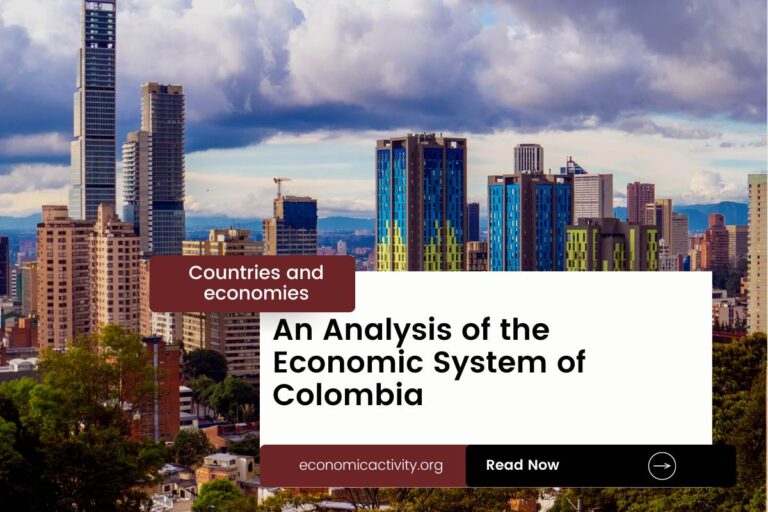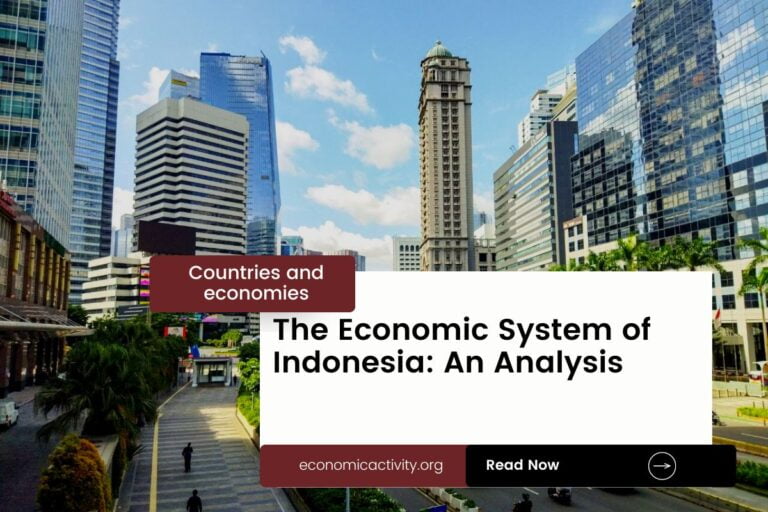What is the economic system of Kenya? The economy of Kenya is based on a mixed economy. The country’s economic system combines elements of a market economy and a planned economy.
Kenya’s economy is diverse, with agriculture, manufacturing, and services sectors contributing to its growth. It is also a hub for trade and investment in East Africa.
In Kenya, the economy is composed of a private sector, consisting of individuals and businesses that make autonomous decisions based on self-interest, and a public sector, where the state determines the production and distribution of certain goods and services. No country is purely capitalist or purely communist.
What do the freedom indexes tell about the economic system of Kenya?
Now, to determine if a country is mostly a market economy or a planned economy, it is useful to examine some economic indexes. For instance, according to the 2022 Index of Economic Freedom, which measures the ability of every human to control his own labor and property, Kenya is ranked 138th globally and 28th in Sub-Saharan Africa indicating that the country has a mostly unfree economy.
In a similar way, the 2022 Freedom House index evaluates the state of political rights and civil liberties globally. Generally, market economies tend to align more with democracy and freedom, while command economies tend to be characterized by greater state control and fewer democratic and civil liberty protections.
Kenya gets a score of 48/100, which qualifies it as Partly Free. Kenya is considered to have a government that does not control what people do, and people can make their own economic decisions, but it is only considered an electoral democracy, lacking full liberal democratic protections.
What do the biggest companies in Kenya say about the country’s economic system?
The biggest company in Kenya should also be looked at, as well as whether it is a state-owned or private company. In this case, Safaricom is a leading mobile network operator in Kenya, providing mobile money, voice, data, and digital services. The company is owned by the Government of Kenya (35%), Vodacom (35%), Vodafone (5%), and free float (25%); which makes Safaricom a mixed company.
Kenya’s private sector industries include agriculture, tourism, manufacturing, and financial services. Public industries include healthcare, education, transportation, and energy.
The historical factors that have influenced the economic system of Kenya
The mixed economy system of Kenya in the last century was caused by a combination of factors, including the influence of colonialism, the growth of the private sector, and the implementation of economic policies that encouraged foreign investment.
These factors created a system that is characterized by both public and private ownership of resources, and a market-based approach to economic decision-making.





Leave a Reply